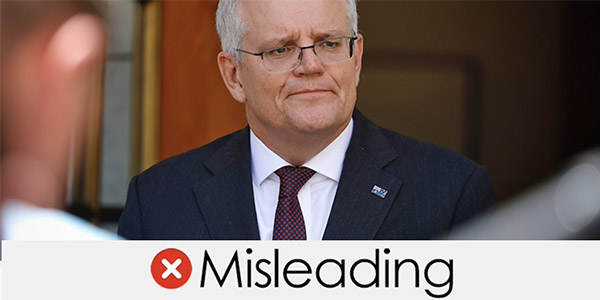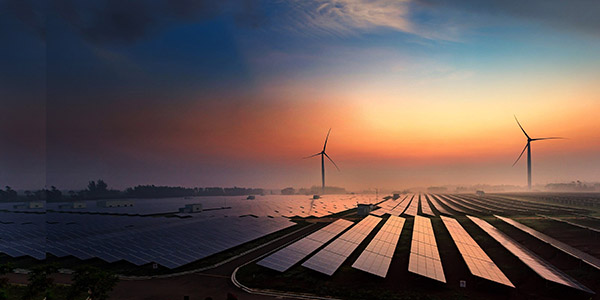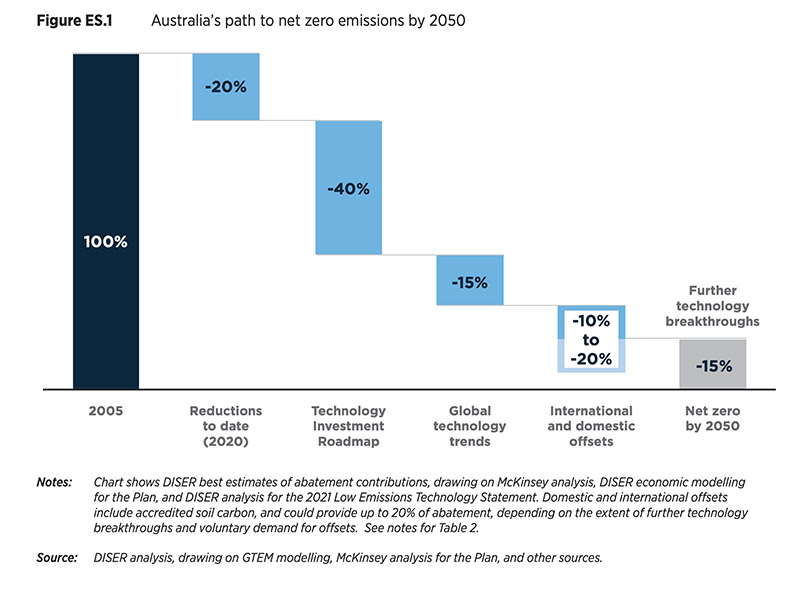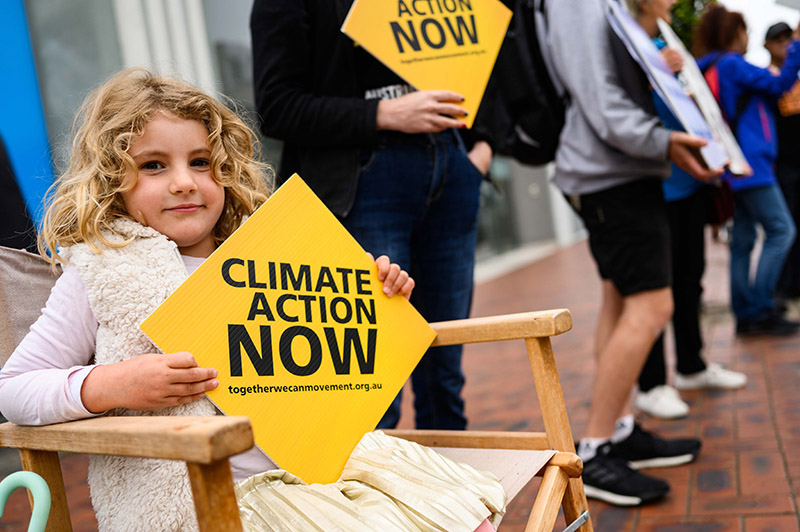
We need to accelerate the transition to a clean energy future
And that means retiring coal and gas.
Australia has world beating renewables resources. We could move to clean energy now, transforming manufacturing and exports, creating tens of thousands of jobs.
Unfortunately our politicians are stuck on coal and gas. They are:
- Claiming that we are doing more than our fair share, when we are repeatedly called out as climate laggards.
- Setting up pathways to Net Zero by 2050 that involve retaining fossil fuels such as gas in the mix
- Relying on unproven technologies like carbon capture (use) and storage (CCS or CCUS) which have failed dramatically overseas.
It’s time to cut through the spin, and base our votes on accurate information!
We need rapid climate action this decade

We deserve to know the truth
The government claims that we are reducing our emissions faster than comparable Western economies like Canada, NZ, Japan and and US. A recent RMIT ABC Fact Check found this claim to be “misleading”, relying on comparing apples with pears – Australia allows itself to use land clearing (unlike practically every other country) and has cherry picked an advantageous 2005 start date.
If land clearing is not included, then Australia’s emissions have risen by 7% (p. 9).
More about comparing apples with pears
Australia put forward no new concrete emissions reduction plans at Glasgow, instead platforming a fossil fuel company, Santos, and refused to join 90 other countries (including the US) in reducing methane emissions.
Accounting tricks won’t reduce emissions:
- Australia is using an emissions reduction data-set that includes land clearing, unlike nearly all other countries, making us look better than we really are
- The LNP comparison is between 2019 figures for the other countries and post-pandemic 2020 figures for Australia
- The start date of 2005 also advantages Australia, taking advantage of a period of reduced land clearing after this time (see Fig1)
2021 research from respected energy analyst, ANU Honorary Associate Professor, Dr Hugh Saddler finds that “Australia’s energy emissions continue to rise, while productivity and decarbonisation rankings fall.”
Any reduction in emissions from electricity generation is likely to be mostly from State, not Federal, action.

2050 is too late
To avoid catastrophic climate damage, science based climate action targets are around 75% reductions by 2030, with net zero at around 2035. Australia is very vulnerable to climate damage, with impacts from fire, flood, heat and drought accelerating right now. 2050 is too late, and the concept of Net Zero is dangerous. Inaction will lead to escalating costs.
We have the resource and tech to act, all we are lacking is political will.

We are being left behind
Other countries and major corporates are transforming their energy systems and manufacturing, rapidly moving to clean affordable renewables, lowering prices and increasing resilience. We could be taking advantage of our incredible potential for cheap clean power, and embrace the industries of the future, instead of clinging onto coal and trying to expand gas. Our major markets will no longer want our fossil exports in the medium term – Australia risks being left behind.
Is it too much to ask for the truth from our MPs?
We already have affordable clean technology
We just need the political will to use it
You can make this happen!
Vote for REAL climate action on election day – it’s that simple.
When it comes to climate, your vote matters!
Make sure it is based on the facts. Find out more – click on our interactive pdf.
Fact checking the government’s Emissions Reduction Plan
After a considerable delay, the government released the modelling behind the Net Zero by 2050 plan they took to Glasgow. This modelling is based on a series of reports from overseas consulting giant McKinsey, centering around the “Technology Investment Roadmap” which seems to be mostly consist of “prohibitively expensive” CCS and a continuation of the LNP’s controversial land carbon program.
The emissions reduction roadmap was widely panned:
- There were no new measures to reduce emissions
- Gas would be used to make “clean” hydrogen (cleaned up with CCS)
- Emissions reduction was based on ‘technology’ such as the widely derided carbon capture and storage
- Some of the modelling was based on technologies that did not exist yet or buying overseas offsets
- The modelling revealed (p37) the fossil fuels would persist past 2050

Want to be involved in local climate action?
You can:
- Come to a Lighter Footprints event
- Join one of our Working Groups
- Donate to Lighter Footprints
- Sign up below to our newsletter.
Further Information
- Four top reasons to Vote Climate
- Climate and National Security
- Floods and climate change
- Climate change and food security
- Quick take on Simon Holmes à Court’s annual energy update which includes a breakdown of the Government’s emissions reduction plan
- Aim High, Go Fast – report on why we have to accelerate climate action this decade
- Net Zero explainer and why we need to reduce emissions by 75% by 2030
- Kicking the gas habit: how gas is harming our health report
The Australia Institute
TAI is a high impact thinktank, with an engaging seminars/webinars, research and reports.
- Back of the Pack – an assessment of Australia’s energy transition.
- Banking on Australia’s Emissions: a “creative accounting” takedown
- Find out how the Emissions Reduction Fund recommended CCS (Clean Energy Regulator consulted almost exclusively with fossil fuel companies).
- Santos’ CCS Scam
- Wrong Way, Go Back report on the Gas-fired Recovery
- Weapons of Gas Destruction lifting the lid on gas emissions
Climate and Health Alliance
CAHA is a coalition of health care stakeholders working on climate. CAHA publishes many useful resources including on health impacts of climate change, climate action health co-benefits, a memorable look at different post-pandemic futures set in 2030.

Local Vote Climate campaigns
Accurate information on Candidates’ climate policies to inform your vote.
Lighter Footprints is working with other local climate groups in running the non-partisan Vote Climate campaigns in Melbourne’s inner East:
This page is authorised by Lighter Footprints Inc, Register Number A0095302A, Kew Victoria
Sign up to our newsletter
to receive news and updates about effective local climate action

